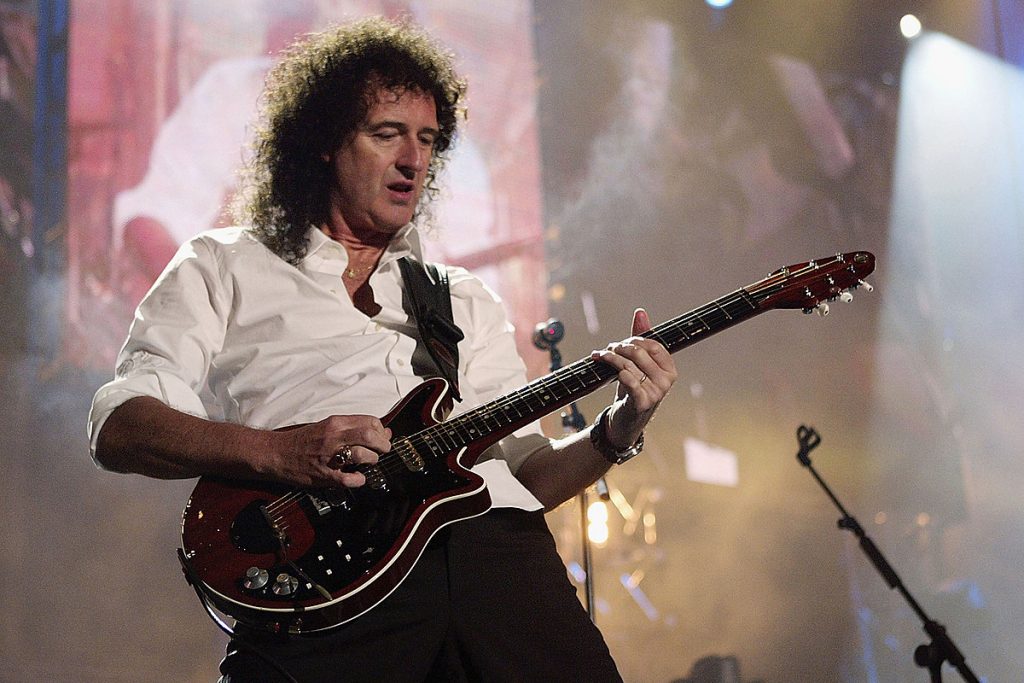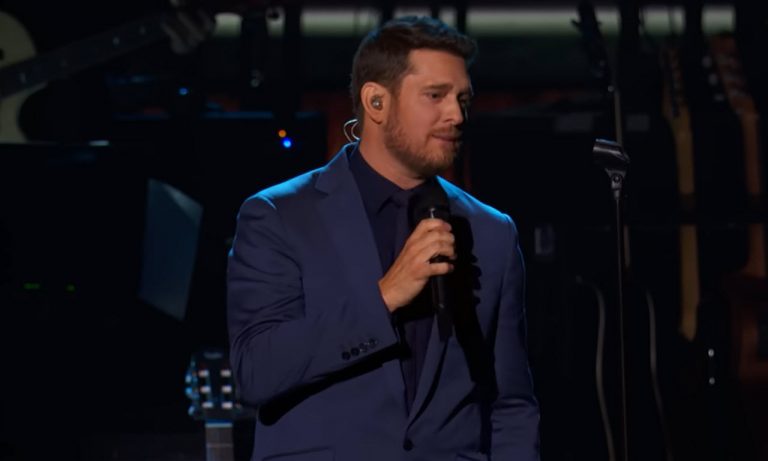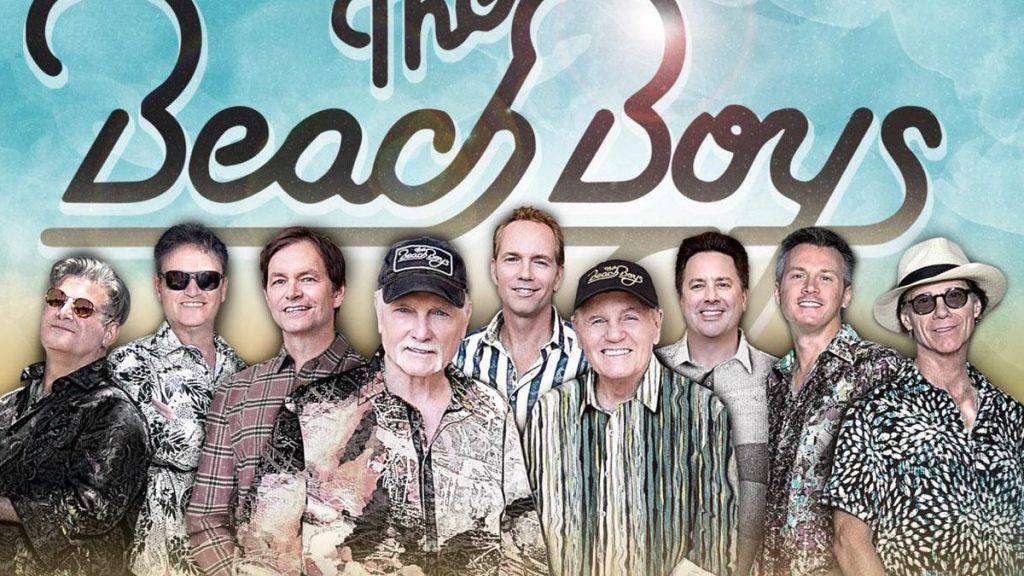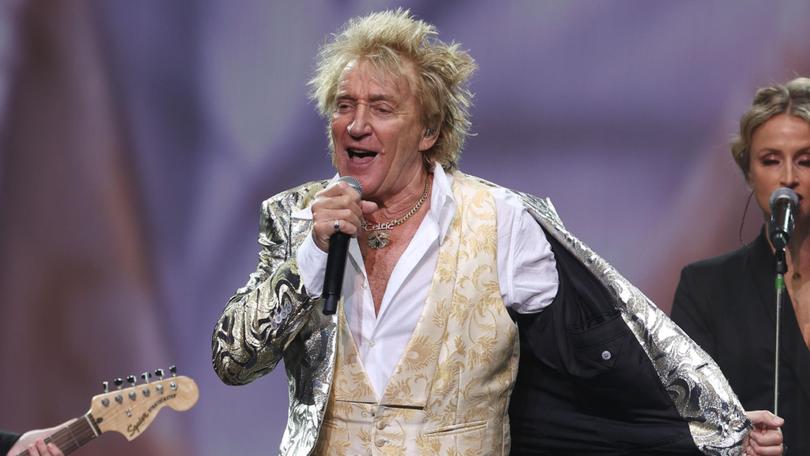Country-rap artist Jelly Roll (Jason DeFord) has ignited a firestorm of controversy after posting on social media that he will not participate in Pride Month celebrations this June. His now-viral statement—“WOKE doesn’t deserve to be celebrated. I won’t be part of this agenda. June is for everyone, not just for politics.”—has sharply divided fans and drawn swift responses from celebrities, advocacy groups, and cultural commentators.
The Statement: Vague or Veiled?
While Jelly Roll did not explicitly reference the LGBTQ+ community in his initial post, the timing (June 1) and the use of the term “woke”, a term increasingly weaponized in political discourse, strongly implied a rejection of Pride Month’s values. His follow-up comments, claiming he has “love for everyone” but resists what he sees as division and political correctness, have only added to the ambiguity—and controversy.
Public Reaction: A Deep Divide
Reactions have ranged from disappointment to defiance:
- LGBTQ+ advocates and artists like Kacey Musgraves responded with sharp criticism. Musgraves’ tweet, “Pride is not politics. It’s survival,” encapsulated a widespread sentiment within the community that Jelly Roll’s statement trivializes Pride’s historic and ongoing significance.
- Organizations like GLAAD and the Human Rights Campaign called the remarks harmful, especially from a public figure whose music has long resonated with marginalized voices.
- Meanwhile, some fans and conservative influencers praised Jelly Roll for “standing up against mainstream pressure,” casting his statement as a defense of free expression and neutrality.
Identity and Irony: A Complicated Legacy
Jelly Roll’s personal story—marked by trauma, addiction recovery, and his embrace of the “outsider”—has made him a symbol of resilience for many. That legacy has intensified the backlash: some fans view his refusal to support Pride as a betrayal of the very communities his music seems to uplift.
One Reddit user put it bluntly: “He gave us songs about pain, shame, and being rejected. How can he now turn his back on people who live that daily because of who they are?”
Others see the controversy differently: “You can care about people without aligning with political movements,” wrote one commenter. “Pride has been hijacked by corporations and ideologues. Jelly Roll is just saying ‘no thanks.’”
The Larger Culture War
Jelly Roll’s comments land in the midst of an ongoing culture war over ‘wokeness’, identity politics, and the role of artists in activism. Celebrities like Morgan Wallen and Jason Aldean have similarly sparked backlash for distancing themselves from progressive causes. The tension reflects a broader question in American pop culture: can artists remain apolitical in an era where visibility and silence alike carry weight?
The Stakes of Pride
For LGBTQ+ individuals and allies, Pride Month is not just a festival—it’s a powerful annual reminder of the fight for visibility, safety, and equity. To equate Pride with “woke politics,” critics argue, is to erase its roots in protest and survival.
“This isn’t about being politically correct,” said activist Jalen Ortiz. “It’s about honoring the people who risked—and still risk—their lives just to exist.”
Final Thoughts
Whether Jelly Roll’s intent was political or personal, the impact of his words is clear: he’s stepped into a deeply sensitive conversation at a moment when public figures are being held to high standards of accountability.
As Pride Month continues, this incident underscores the cultural divide in how Americans interpret identity, activism, and artistic responsibility. For many, this is not just about a statement—it’s about what kind of voices get amplified in moments that matter.
Jelly Roll’s personal story—marked by trauma, addiction recovery, and his embrace of the “outsider”—has made him a symbol of resilience for many. That legacy has intensified the backlash: some fans view his refusal to support Pride as a betrayal of the very communities his music seems to uplift.
One Reddit user put it bluntly: “He gave us songs about pain, shame, and being rejected. How can he now turn his back on people who live that daily because of who they are?”
Others see the controversy differently: “You can care about people without aligning with political movements,” wrote one commenter. “Pride has been hijacked by corporations and ideologues. Jelly Roll is just saying ‘no thanks.’”
The Larger Culture War
elly Roll’s comments land in the midst of an ongoing culture war over ‘wokeness’, identity politics, and the role of artists in activism. Celebrities like Morgan Wallen and Jason Aldean have similarly sparked backlash for distancing themselves from progressive causes. The tension reflects a broader question in American pop culture: can artists remain apolitical in an era where visibility and silence alike carry weight?
The Stakes of Pride
For LGBTQ+ individuals and allies, Pride Month is not just a festival—it’s a powerful annual reminder of the fight for visibility, safety, and equity. To equate Pride with “woke politics,” critics argue, is to erase its roots in protest and survival.
“This isn’t about being politically correct,” said activist Jalen Ortiz. “It’s about honoring the people who risked—and still risk—their lives just to exist.”
Final Thoughts
hether Jelly Roll’s intent was political or personal, the impact of his words is clear: he’s stepped into a deeply sensitive conversation at a moment when public figures are being held to high standards of accountability.
As Pride Month continues, this incident underscores the cultural divide in how Americans interpret identity, activism, and artistic responsibility. For many, this is not just about a statement—it’s about what kind of voices get amplified in moments that matter.
















